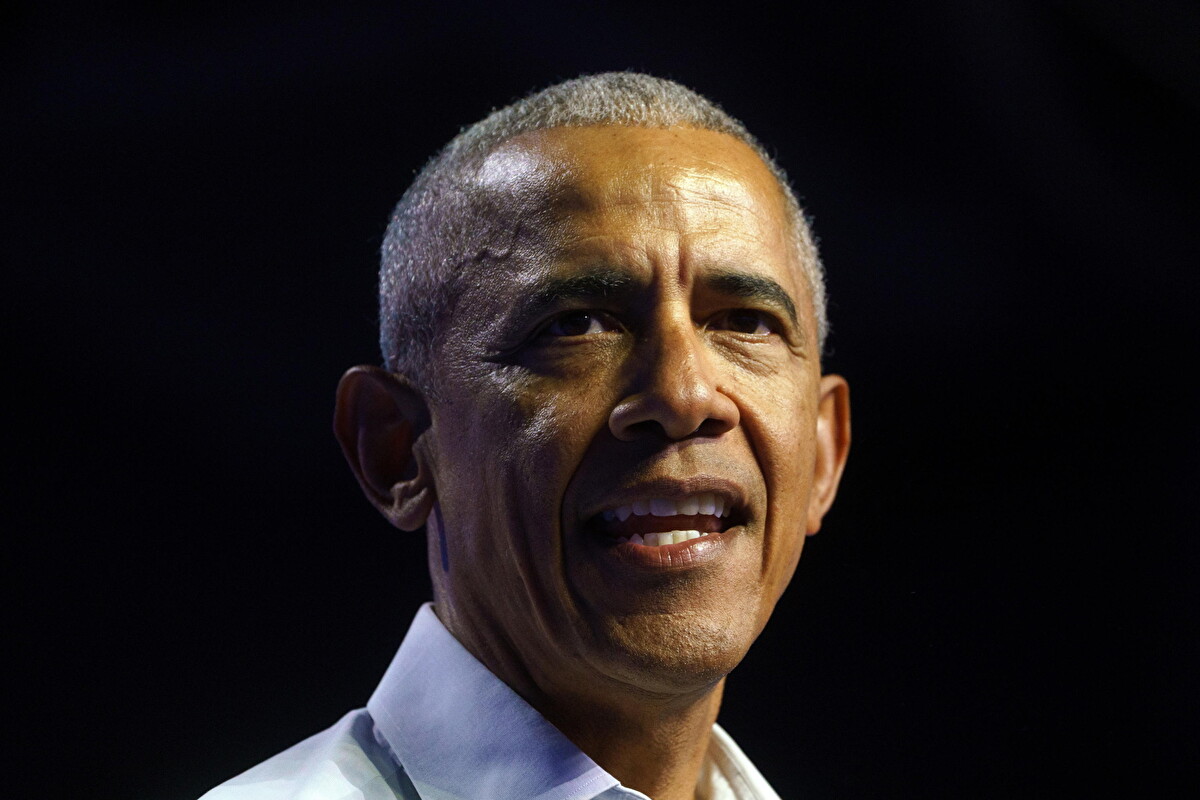On Friday, Columbia University announced that interim president Katrina Armstrong has resigned. The news comes a week after the university decided to yield to a series of demands from the Trump administration so as not to risk losing $400 million worth of federal funding.
Armstrong had replaced former university president Minouche Shafik, who resigned last August after harsh criticism regarding the handling of student protests against the ongoing war in Gaza.
“Dr. Armstrong accepted the role of interim president at a time of great uncertainty for the University and worked tirelessly to promote the interests of our community,” said David J. Greenwald, Chair of the Board of Trustees. “Katrina has always given her heart and soul to Columbia. We appreciate her service and look forward to her continued contributions to the University.”
Armstrong will return to lead the school’s Irving Medical Center, per the statement. Last week, Columbia’s top leadership decided to accept the Trump administration’s demands, which included measures such as banning face masks on campus, giving security officers the power to remove or arrest people, and immediately overhauling programs such as the Center for Palestine Studies and the Institute for Israel and Jewish Studies. The courses in question will now be supervised by a new official, and no longer by the university’s faculty.
The decision, has generated controversy among students and within the faculty itself. Earlier this week, several professors expressed their dissent by protesting near the university’s gates. Those present also stressed that they dressed in black to mourn the loss of academic freedom.
Meanwhile, according to insiders, the controversy over the handling of last spring’s protests and recent events involving the university and the federal government could also have repercussions on the number of new applicants for courses.
Applications for admission dropped slightly from 60,248 applicants last year to 59,616.
The university’s top management also explained: “we have identified a recent downturn in both Jewish and African American enrollment, and we will closely examine those issues”.












